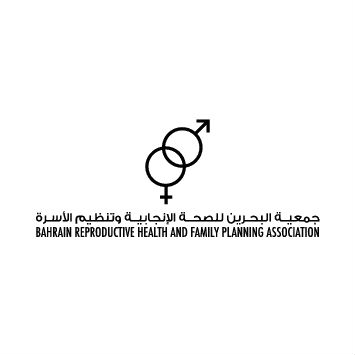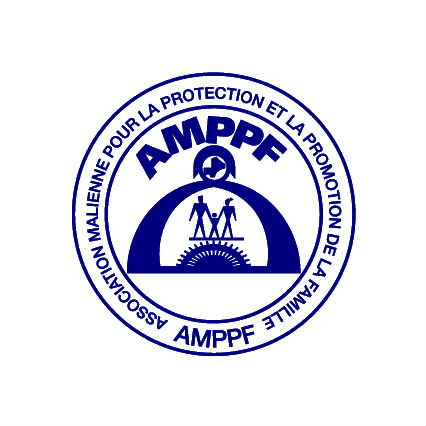

| 31 March 2016
Bahrain Reproductive Health Association
The Bahrain Reproductive Health Association (BRHA) is a public association, but does not provide any clinical services. It was established on 1975, by a group of Bahraini youth to serve the Bahrain community with commitment and accountability towards national and human responsibility. Through voluntary trained and specialized personnel, SRH targets include: Increase awareness and knowledge about reproductive health and the importance of family planning as a human need for the community. Increase women's knowledge about their reproductive rights, and enable them to practice their rights and make their own decisions. Increase men's responsibility and participation in reproductive health issues. Prepare youth for parenthood responsibilities, and improve care provided to adolescents. Communicate with decision makers and community leaders to support positive attitude towards reproductive health. These are achieved by the following: Increase awareness about reproductive health among the community through seminars, lectures, leaflets and educational articles. Train volunteers to become specialists in reproductive health and family planning. Provide reproductive health counselling through the counselling centre in the association. Increase cooperation and coordination with governmental authorities, associations, social clubs and different media facilities to promote reproductive health. Increase cooperation and coordination with all agents concerned in combating and preventing HIV.

| 31 March 2016
Association Malienne pour la Protection et la Promotion de la Famille
The Association Malienne pour la Protection et la Promotion de la Famille (AMPPF) was established in 1972 to tackle the family planning challenges facing the Malian people. It rapidly expanded its activity and remit to embrace sexual and reproductive health (SRH) counselling; neonatal, gynaecological, post-natal and post-abortion care; and prevention and management of HIV and AIDS, particularly voluntary counselling and testing (VCT). These figures were achieved through the strategic and focused management of a strong team which has the capacity to reach out to diverse communities across the country. AMPPF has hundreds of volunteers, a strong youth action movement and hundreds of peer educators and community-based distributors. AMPPF is actively engaged with the planning, health, youth and family departments of the Malian government. It has strong ties with non-governmental organizations (NGOs) including Population Service International (PSI), the Conseil de Concertation et d'Appui aux ONGs, the Federation Nationale des Associations de Santé Communautaire au Mali (FENASCOM), the Association de Recherche, de Communication et d'Accompagnement à Domicile des Personnes vivant avec le VIH/SIDA (ARCAD), and SIDA. Major donors include WHO, USAID and UNFPA.







